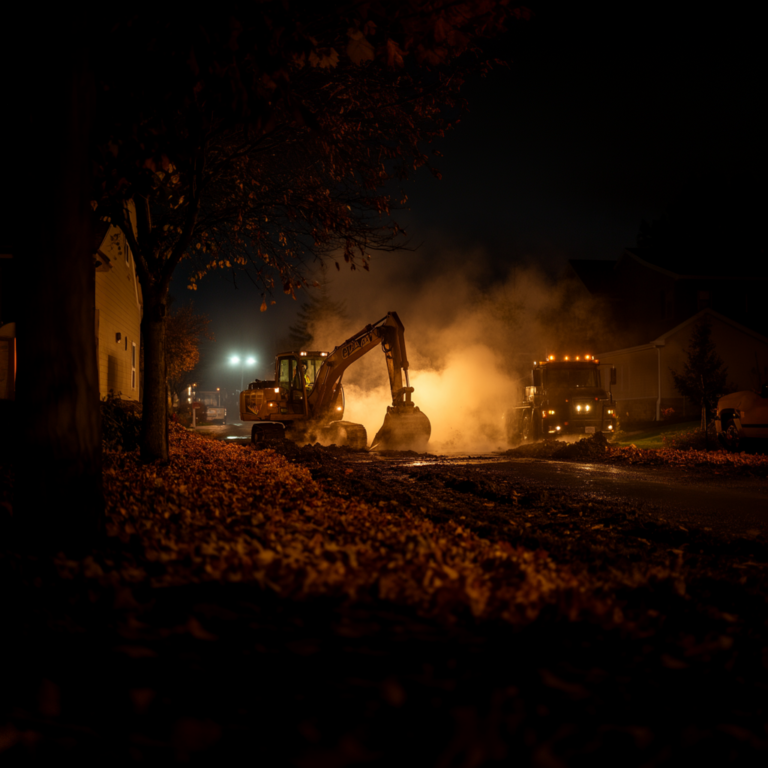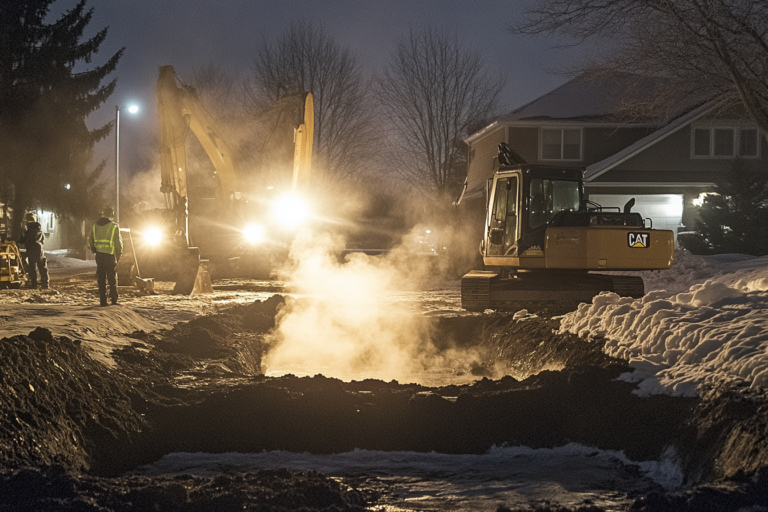From unseen leaks to full-scale pavement collapse—spotting the clues now keeps your Baltimore, MD property profitable tomorrow.
Every morning your staff rolls up to the curb in Baltimore County, they step over a silent money pit: the buried water main. One pinhole leak can wash out soil for weeks before asphalt finally caves—turning a $3,500 repair into a $25,000 excavation project that closes the lot and sends customers to competitors on Merritt Boulevard. The good news? Modern excavation practices can intercept the problem early, with minimal disruption to your daily workflow.
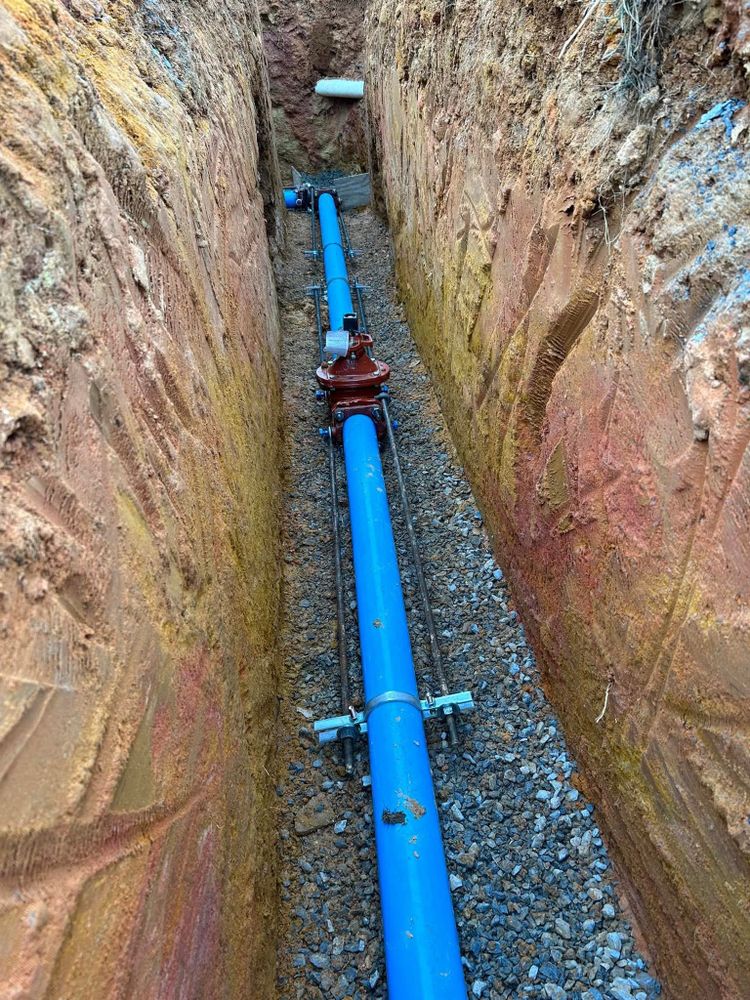
Below, we break down the three red-flag warning signs Baltimore business owners should watch for, explain why winter freeze-thaw cycles here accelerate pipe failure, and share a proven 48-hour response plan that keeps customers, employees, and county inspectors happy.
1. Sky-High Water Bills but No Extra Usage—Hidden Leak Symptom #1
If your Baltimore kiosk, warehouse, or clinic suddenly shows a 25% spike on the monthly city services invoice, start listening. A pinhole crack 4–8 ft below grade can bleed 100 gallons an hour undetected. Your meter spins while nothing is open. Record hourly readings, note the increase, and call an excavation team that deploys Baltimore County DOT-approved traffic control the same day so your storefront keeps humming.
2. Potholes that Re-Fill Overnight—Sinkhole Alerts in Disguise
Our clay-heavy soil in the Baltimore metro corridor soaks up runoff like a sponge. When a water main loses pressure, that same soil liquefies, forming voids. At 35 mph, commuter traffic punches the pavement into a bowl-shaped dip that seems “fixed” after every cold-patch day, only to reopen the next rainstorm. Spot one? Treat it as a code-red excavation emergency. Emergency crews can lane-patch at night, then return for full pipe replacement on the weekend.
3. A Septic, Metallic Taste in the Tap—Corrosion Equals Concrete Cracks
Old cast-iron mains under Baltimore’s industrial corridors often leach iron oxide particles. Yellow water staining the break-room sink hints that internal corrosion has thinned the pipe wall to paper. Failure can spray a geyser under your slab foundation, escalating water bills AND requiring hydraulic shoring to keep slabs and stock intact. Proactive excavation cuts shutdown time by 50% because you schedule trenchless pipe bursting or sleeve relining before the day zero blowout.
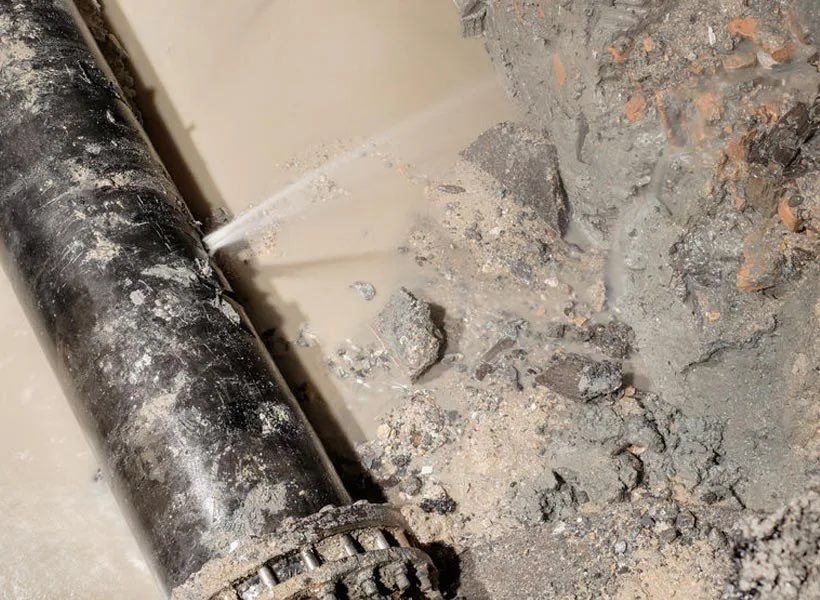
How Freeze-Thaw Spins a Slow Leak into a Catastrophe
Baltimore’s coastal climate delivers 20–30 hard freezes per year. When frost penetrates 12–18 in., it increases external pressure on compromised pipes. That hairline split fans open, forcing soil particles into the water stream and eroding more earth. Meanwhile, above ground, frost heave lifts your parking lot, creating spider web cracks. A scheduled fall excavation inspection—complete with CCTV camera scoping—pays for itself before New Year’s Eve.
Your 48-Hour Map: Before, During, and After the Fix
Hour 0-2: Snap smartphone evidence (meter readings, potholes, wet curb strips) and text them to your excavation partner.
Day 1: Crews arrive with vacuum excavation (hydro or air) to miniminize disruption, access the main through a keyhole cut, then assess rupture size using acoustic correlation.
Day 2-3: Weekend sleeve relining cures in 6 hours. Asphalt teams mill, patch, and stripe before Monday commuter rush. Your lot rides smoother and the site meets ADA slope requirements—no insurance claims required.
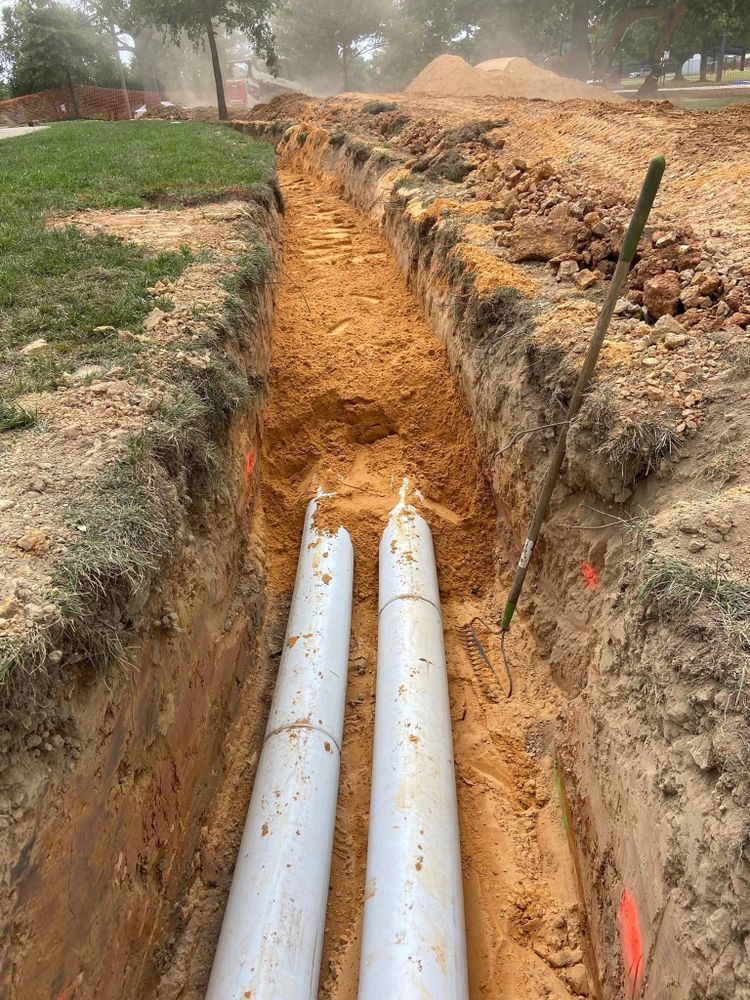
ROI Checklist: How Much Is Prevention Worth?
- Lost sales: 100 patrons × $80 average = $8,000/day
- Liability: Single trip-and-fall in a sinkhole averages $42,000 settlement
- Utility waste: 2400 gallons/day leak = $11/day, $4,000/year before detection
- Pavement replacement: 400 ft of lot costs $45,000 vs. $6,000 targeted patch
Spending $1,500 on an annual Baltimore County water main inspection often spares you $50,000+. And when the work is complete, local crews drop your property as a priority case—meaning if another contractor down Joppa Road hits your service line, help arrives again within the hour.
Local Law & County Permits—Explained Simple
Any excavation in Baltimore County right-of-way or commercial parking areas requires a trench permit and traffic control plan signed off by the local DOT. Professional contractors—not DIY handymen—handle the paperwork and the $175-camera-inspection letter to the city if utilities cross public lines. The moment inspectors see certified logs from licensed professionals, approval signature time drops from 72 hours to same-day.
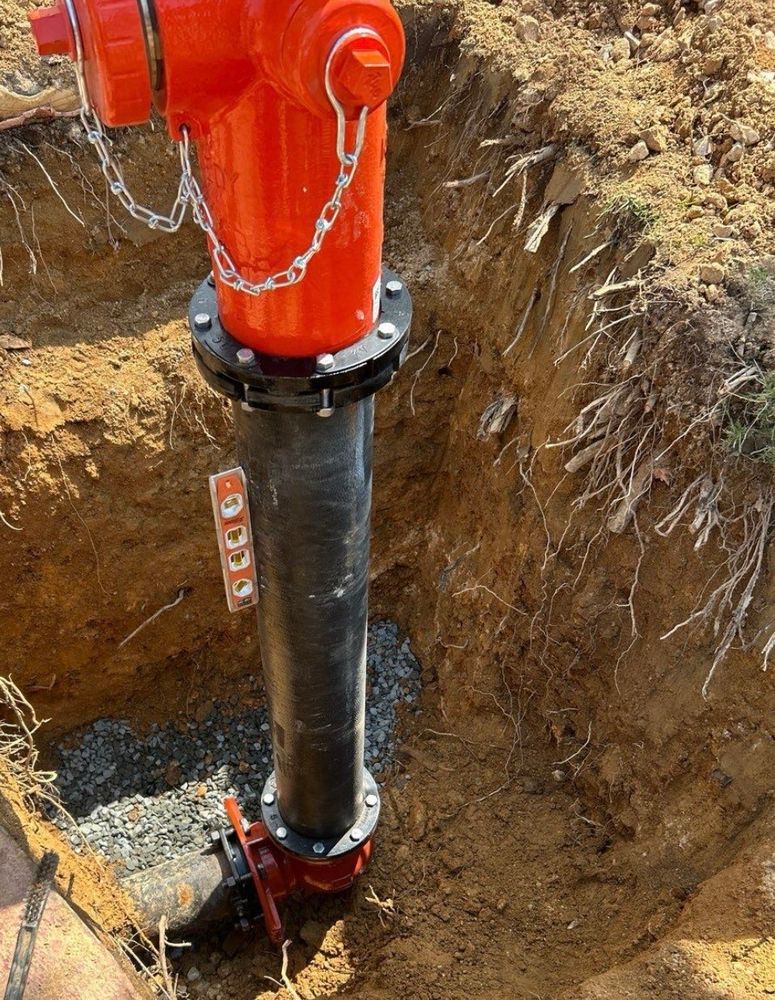
Next Step—Lock In Your Spot
The freeze season isn’t waiting. If your meter, pavement, or employees are whispering “water main problem,” call the pros who wrote the playbook on commercial water main install & repair in Baltimore County. For more details, visit our main Commercial Water Main Install & Repair page. Ready to protect your bottom line? Schedule a same-day consultation online and keep your Baltimore business flowing—literally.

